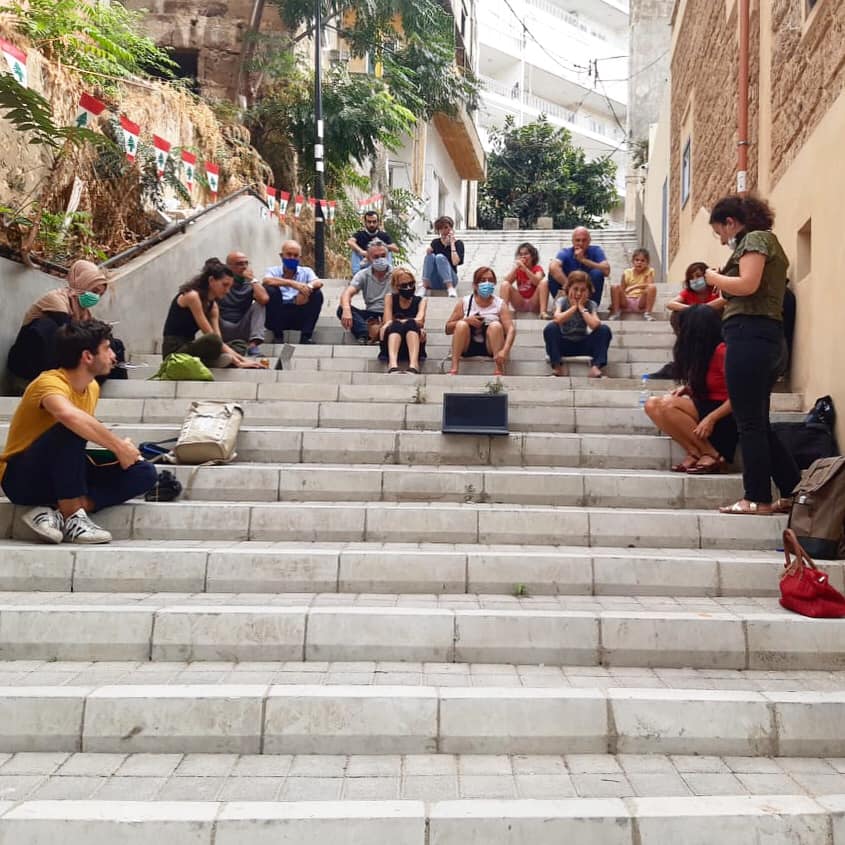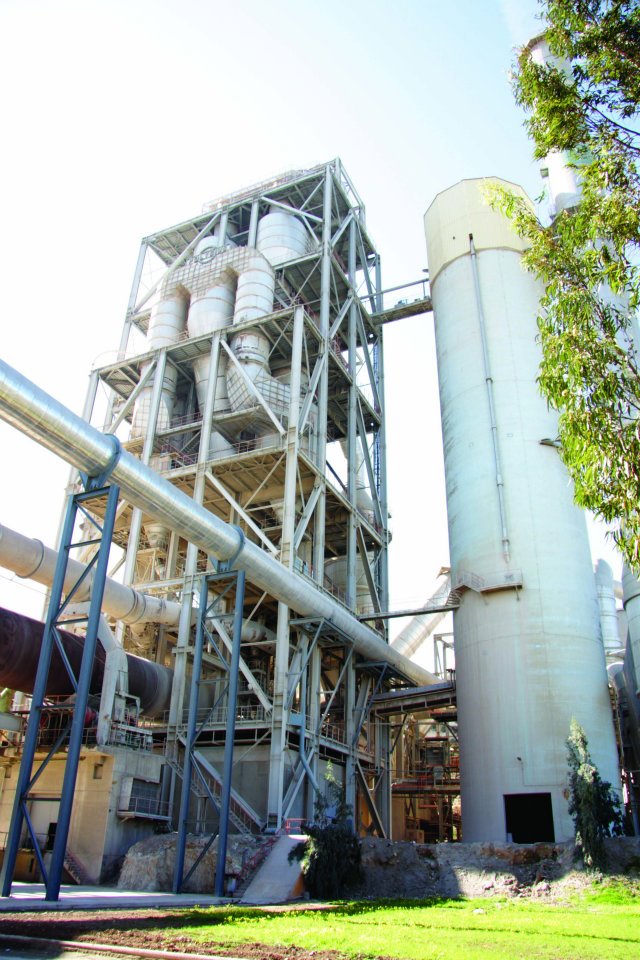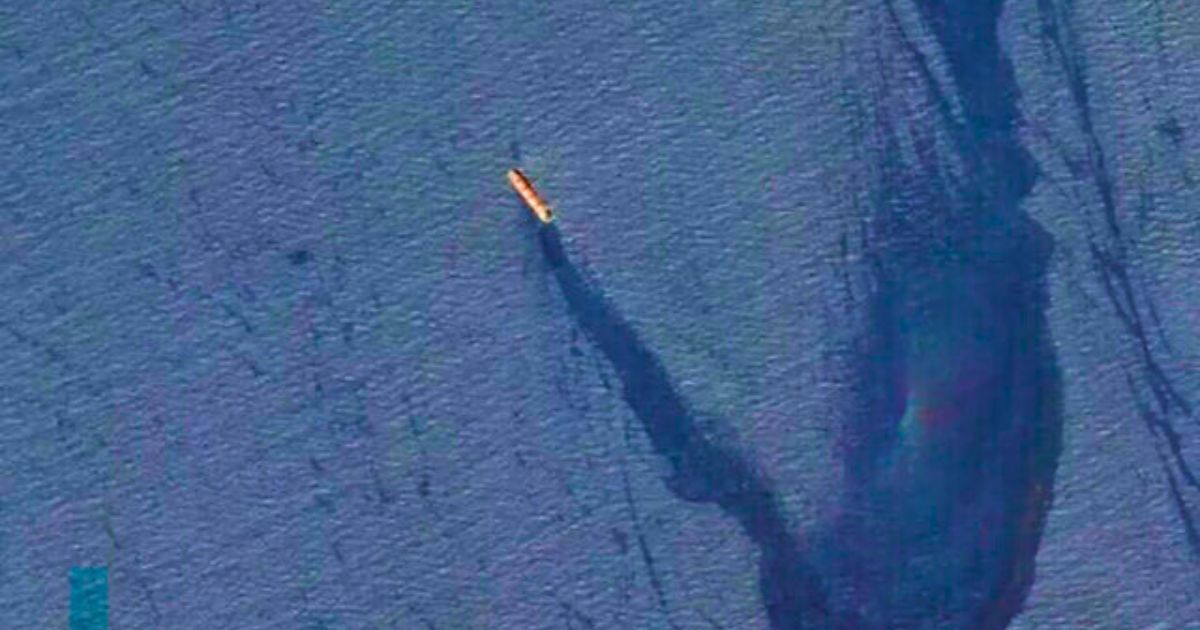Public Works is a design and research studio located in Beirut, Lebanon, initiated by Abir Saksouk and Nadine Bekdache.
They critically, politically, and creatively engage in the public and urban narratives in Lebanon as a group of architects, graphic designers, and urbanists.

They just posted a call to all Swiss citizens and decision-makers to hold a Swiss multinational company liable for illegal and destructive operations in Lebanon via the nationwide referendum Switzerland is holding under the initiative “Responsible Business Initiative”.
They are calling for the Swiss people to vote in favor of the initiative to “make swiss multinational companies legally accountable for their environmental and human rights violations abroad. This includes violations committed by LafargeHolcim, the swiss company operating cement factories and quarries in Lebanon.”
“The Swiss citizens and decision-makers are invited to hold LafargeHolcim liable for its illegal operations in Lebanon,” the Lebanese group Public Works issued. “Voting in favor of the law will hopefully push all swiss multinational companies to adhere to internationally recognized environmental standards.”
Holcim Lebanon S.A.L. was established in 1929 as one of the leading cement companies in Lebanon. It is one of the three companies that dominate the cement industry in Lebanon.
In 2015, Holcim and Lafarge completed a global merger to launch LafargeHolcim, a world leader in the building materials industry that controlled 38% of the sector. LafargeHolcim operates in 80 countries with a team of more than 80,000 employees.

It is allegedly connected to corrupt political parties in the country, as well as holding illegal operations. These operations naturally come in favor of the company, its owners, and the politicians that protect them.
According to the video that Public Works shared, their alleged crimes include “quarrying in non-permitted zones, trespassing environmental regulations, and occupying the maritime public property.”
The video also mentions that one ton of cement is being sold in the local market at 100 dollars, while in the international market one ton is being sold for 30 dollars.
This company is putting the environment and the people in danger yet, as it is often the case in Lebanon, no one is doing anything about it.
https://www.facebook.com/publicworksstudio/videos/368978267731619


















